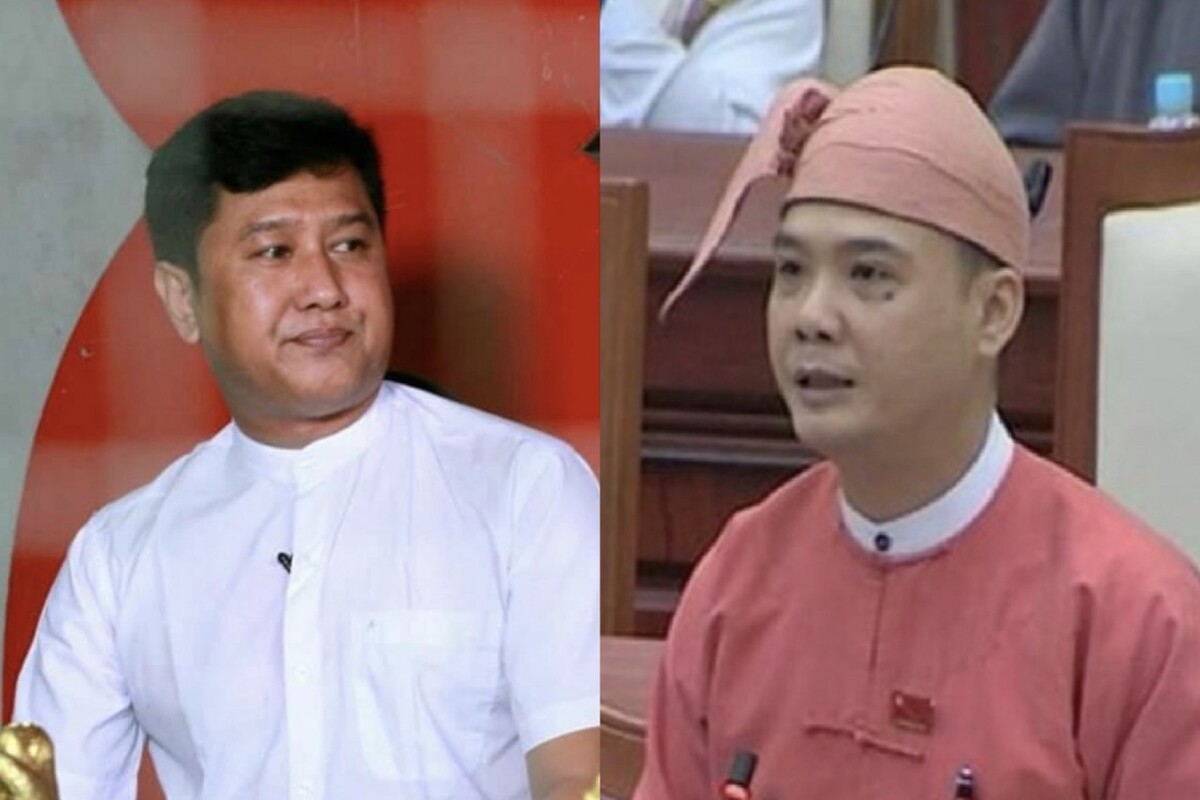National human rights institutions from nine countries to hold meet in Delhi from Monday
The six-day meet is being organised by the National Human right Commission (NHRC) in collaboration with the Ministry of External Affairs (MEA).
Phyo Zeya Thaw burst on to the public stage in the early 2000s as a dragon-tattooed hip-hop pioneer whose subversive rhymes targeted the then-ruling junta.

File Photo
A hip-hop pioneer who vowed to “never surrender” and a democracy activist who said prison was his second home – Myanmar’s execution of two prominent democracy fighters will only keep the flame of defiance burning, their families say.
AFP looks at the lives of Kyaw Min Yu – better known as “Ko Jimmy” – and Phyo Zeya Thaw, whose executions sparked shock and anger in Myanmar and around the world.
‘Never surrender’
Phyo Zeya Thaw burst on to the public stage in the early 2000s as a dragon-tattooed hip-hop pioneer whose subversive rhymes targeted the then-ruling junta.
Advertisement
The band skirted the military’s notorious censors by circulating bootlegged copies of songs recorded in underground studios or performing in private stage shows.
“We will never change, never give up, never surrender,” his band Acid rapped in one song.
“We will come out in full force in every tomorrow.”
He later became close to Ms Suu Kyi, travelling with her to Europe in 2012 where she finally collected the Nobel prize that thrust her into the international limelight two decades earlier.
In the 2015 elections won by her National League for Democracy, the former junta prisoner won a seat in the military-built capital of Naypyidaw.
“You’re very young, you’re a hip-hop artist and you’re an ex-prisoner. How can you be an MP?” he told AFP in an interview after his election win.
“That’s something I hear quite a lot.”
He was arrested by the junta in November last year and accused of orchestrating several attacks on regime forces, including a gun attack on a commuter train in Yangon that killed five policemen.
Following a closed trial, he was sentenced to death in January.
“My son was not a thief or a thug,” his mother told Radio Free Asia after news of the executions.
“I am proud of him for giving his life for the country… If I could get his ashes or remains, I would like to make a tomb for him and then put an inscription on it.”
‘Never die in our hearts’
Kyaw Min Yu – known as “Ko Jimmy” – rose to prominence during Myanmar’s 1988 student uprising against the country’s previous military regime.
The writer and organiser spent more than a dozen years in prison under the previous junta for his pro-democracy activism, calling detention his “second home”.
But jail only made him more of a steadfast champion of democracy for his people.
“The government tries to keep them out,” he told AFP in 2006 as he organised a campaign during a rare stretch of freedom.
But “they are always looking for a way to participate in politics”.
Prison love letters saw romance blossom with fellow activist Nilar Thein, and led to their marriage shortly after they were released in 2004.
Months after their daughter was born he was arrested again during the monk-led “Saffron” protests in 2007, and the pair were not reunited until they were both pardoned in a 2012 amnesty.
His death was “blatant murder”, his wife told RFA.
“He has written a good record for himself and he will never die in our hearts.”
Advertisement